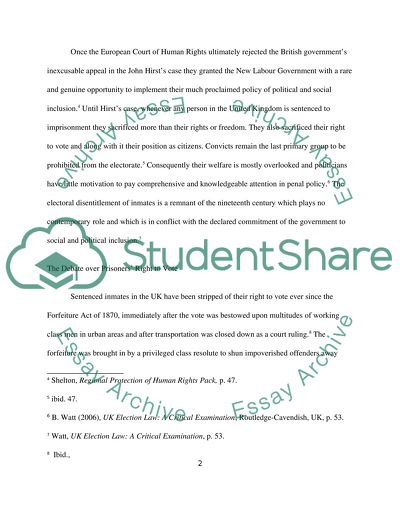Cite this document
(“Law Essay Example | Topics and Well Written Essays - 2000 words - 7”, n.d.)
Law Essay Example | Topics and Well Written Essays - 2000 words - 7. Retrieved from https://studentshare.org/miscellaneous/1564085-law
Law Essay Example | Topics and Well Written Essays - 2000 words - 7. Retrieved from https://studentshare.org/miscellaneous/1564085-law
(Law Essay Example | Topics and Well Written Essays - 2000 Words - 7)
Law Essay Example | Topics and Well Written Essays - 2000 Words - 7. https://studentshare.org/miscellaneous/1564085-law.
Law Essay Example | Topics and Well Written Essays - 2000 Words - 7. https://studentshare.org/miscellaneous/1564085-law.
“Law Essay Example | Topics and Well Written Essays - 2000 Words - 7”, n.d. https://studentshare.org/miscellaneous/1564085-law.


